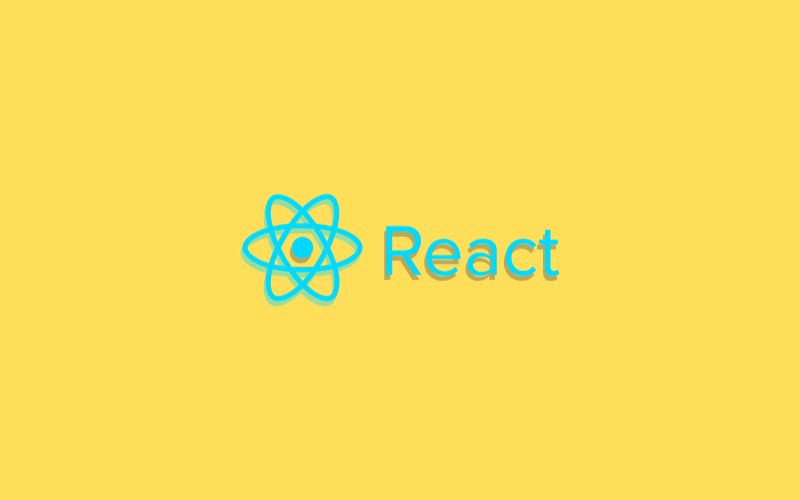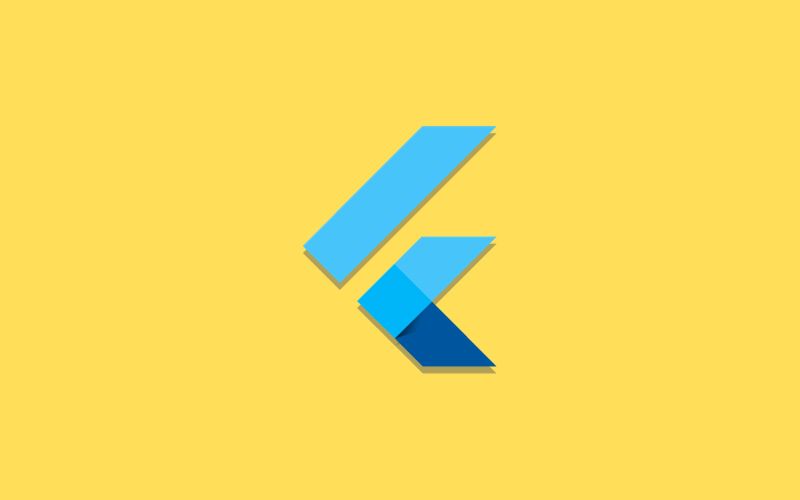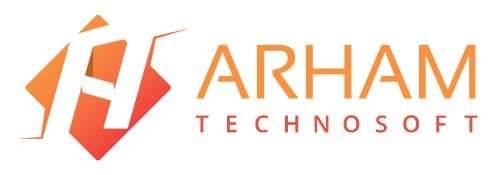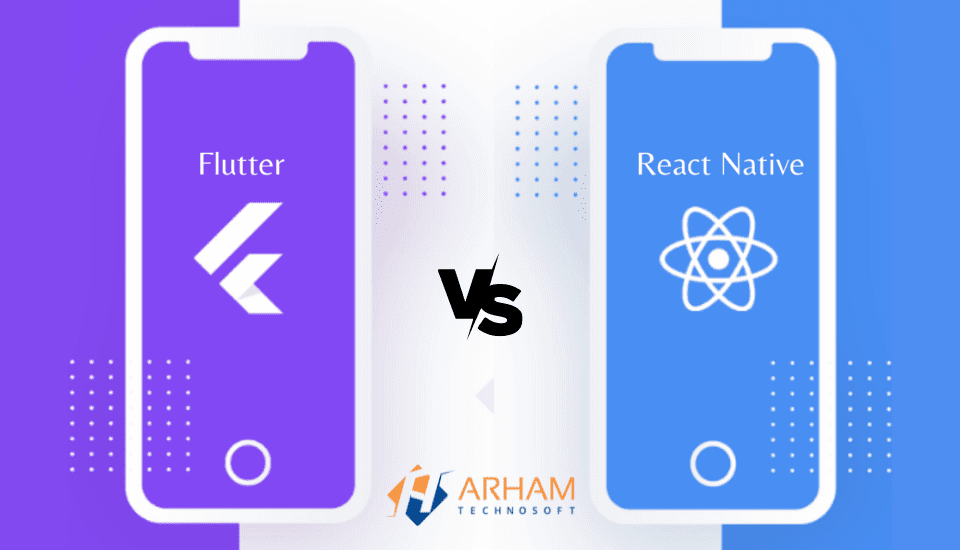Flutter vs React Native Performance Comparison
Both Flutter vs React Native offer high performance solutions for mobile app development. Flutter uses Dart programming language that compiles native code to provide excellent performance. React Native employs JavaScript and bridges to native components, achieving near-native performance. Performance differences are often negligible, and both frameworks can deliver smooth responsive applications. The choice between them may depend on other factors like development team preferences and specific project needs.
What is React Native?

React Native is an open-source framework based on JavaScript. It mainly focuses on native app rendering, which is mostly compatible with Android and iOS. A mix of XML-like syntax and JavaScript comprises React Native. Facebook created React Native to enable the developer community to enhance compatibility with other platforms such as Windows
What is Flutter?

Flutter is an open-source framework that works with Google’s Dart programming language. It is often called an enhanced UI toolkit for building cross-platform apps from a single codebase. It enables the creation of expressive and flexible user interfaces with native performance. A team of Google developers, as well as the entire Flutter community, support and contribute to it.
Flutter vs React Native: Which is Better for Building Complex Apps?
Is React Native Good For Developing Complex Apps?
Yes, React Native can be used to create complex native applications. However, it is essential to remember that this is only likely viable if native application development is combined with React Native. Your app is more likely to be hybrid than cross-platform at this point. The whole process of developing complex applications using React Native includes not only Java Script but also native programming expertise.
Is Flutter Good For Developing Complex Apps?
It’s a good idea to build prototypes faster when you’re more likely to play with them and save money by seeing your idea in action. The goal is to use Flutter to create two separate prototypes (iOS and Android) and examine the results in the market. After that, you can increase your investment and develop your idea from simple to complicated.
Comparison of Modularity for Flutter vs React Native
Does Flutter Support Modularity?
With its pub package architecture, Flutter offers improved accessibility for diverse teams and the partitioning of project codes into separate modules. With plugin capability, your team can easily create different modules and add or update the codebase. At Droidcon NYC in 2019, BMW Architects discussed how they could easily work with Flutter across many teams with varying skill sets.
Does React Native Support Modularity?
React native development service may provide less modularity support than Flutter. Android, iOS, and Reactjs developers may have difficulty communicating. Different teams may have issues with code fragmentation in React Native if they lack experience. React Native, on the other hand, allows various developers to collaborate by combining simple native elements from multiple operating system platforms.
Code Maintainability – React Native vs Flutter
How Easy is It To Keep Code in React Native Apps up to Date?
Although React Native has one of the largest communities and official support, you may encounter several issues while maintaining your application’s language. Maintaining Flutter is easier than maintaining React Native.
Is It Practical to Keep Code in Flutter Apps?
Maintaining a Flutter app, on the other hand, is simple. Code clarity makes it easier for developers to find issues, find external tools, and support third-party libraries. In addition, the stateful hot reload feature eliminates problems immediately. The time it takes to release quality updates and make instant changes to an application is believed to be faster than React Native’s hot reload capability.
App Size Comparison Between Flutter vs React Native
App size in Flutter
A simple Hello World application written in Flutter had a size of 7.5 MB. The size of this application is influenced by the Dart virtual machine and the C/C++ engine of Flutter. To alleviate size concerns, Flutter can contain all programs and assets. Also, using a custom tag like –split-debug-info reduces code size.
Application size in React Native
The Hello World program with React Native was originally 7MB in size but grew to 13.4MB after adding native dependencies. React Native outperforms Flutter when it comes to fast and efficient application iteration.
Additionally, enabling Pro-Guard and using the enableSeparateBuildPerCPUArchitecture feature would significantly reduce project size by automatically building split builds for all native and external libraries.
Flutter vs React Native Which is Easy to Learn
For Developers, is It Easy To Take React Native?
For those who have developed applications using JavaScript before, learning React Native is a breeze. However, online development differs from mobile application development, which makes learning and implementing the framework more complex for mobile developers. React Native has released several libraries, long articles, and tutorials over time to aid in the learning process.
Is it Easy for Developers to Pick up Flutter?
Flutter, on the other hand, is not difficult to master. Writing code in Dart is a little different, but that’s what makes developing with Flutter so much easier. All a novice needs to master this framework is a basic understanding of native Android or iOS coding. Additionally, the developers noticed that the Flutter documentation is much more user-friendly than the React Native documentation.
Conclusion:
Flutter is a great framework for developing multiple iterations and MVP apps, while React Native is a good framework for building basic native and cross-platform apps. Hiring Flutter developers can also help you decide which technologies should be included in your tech stack.

